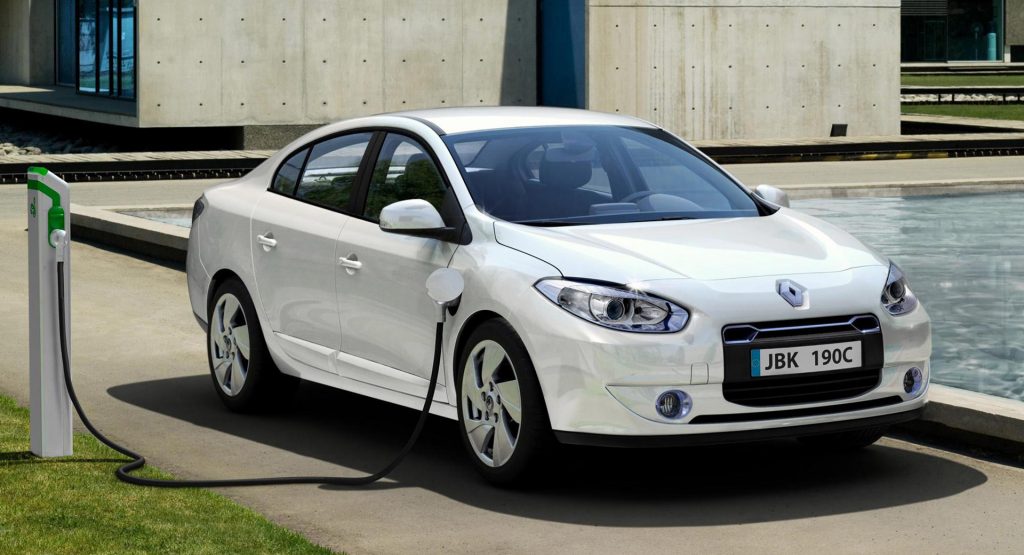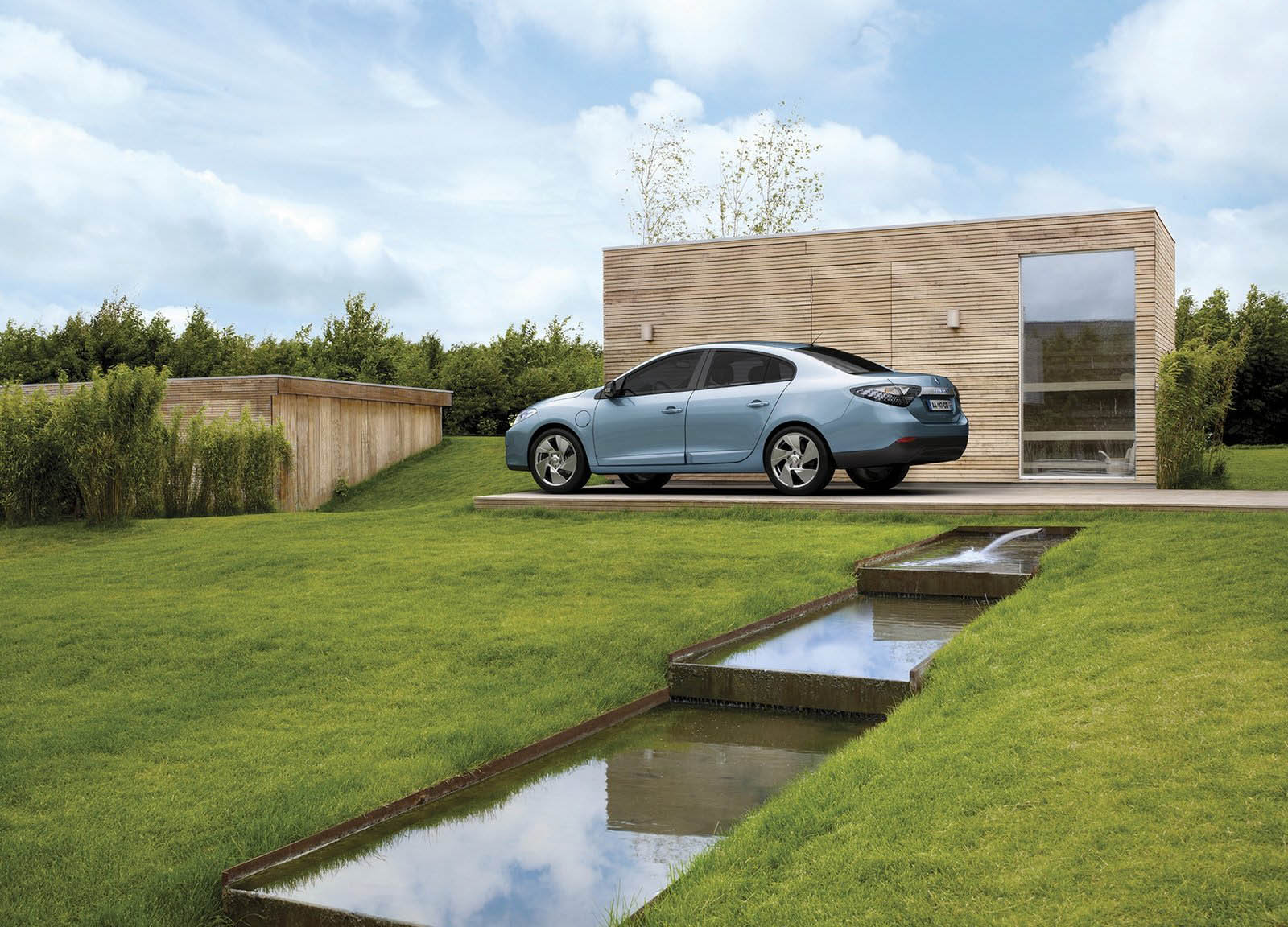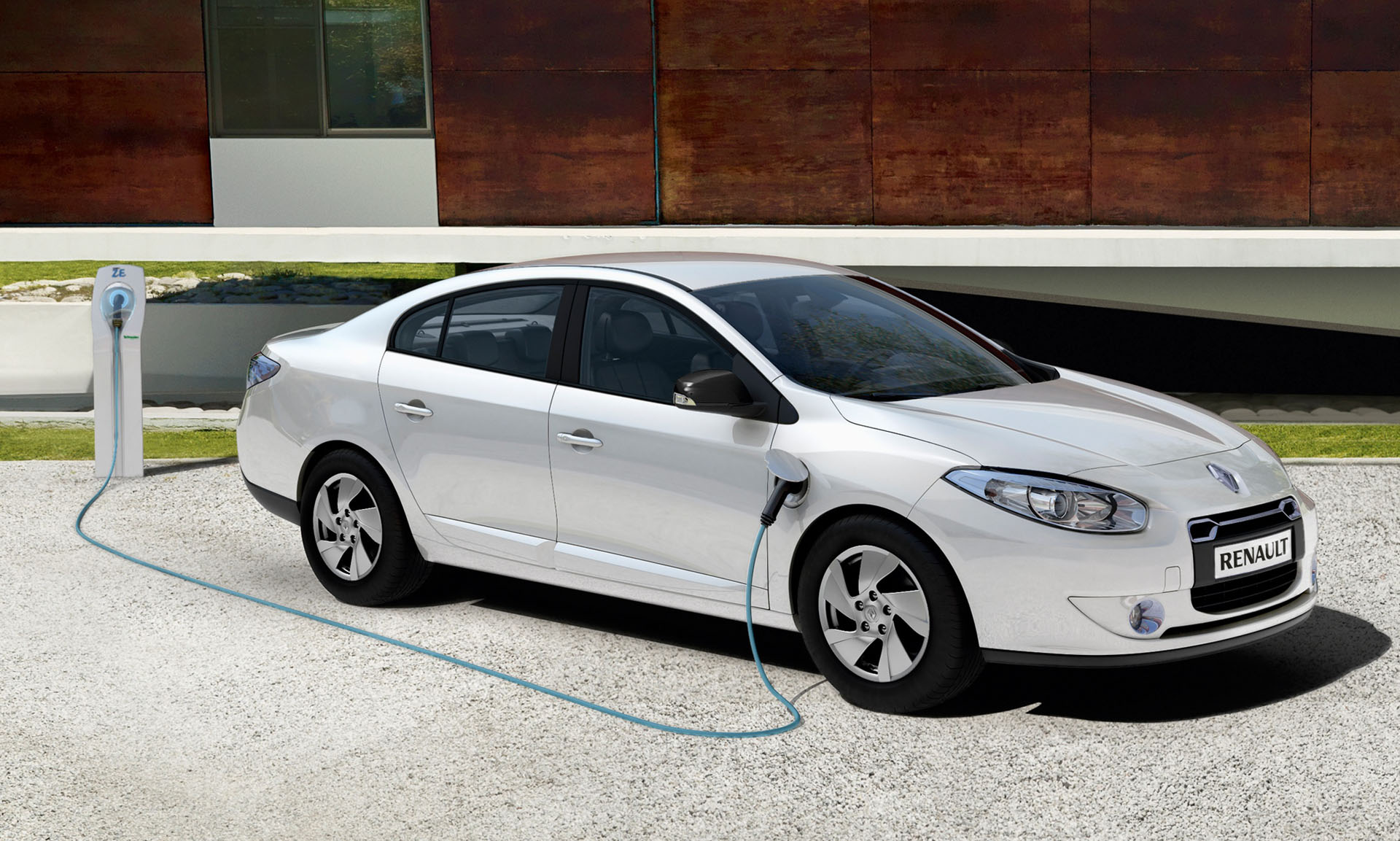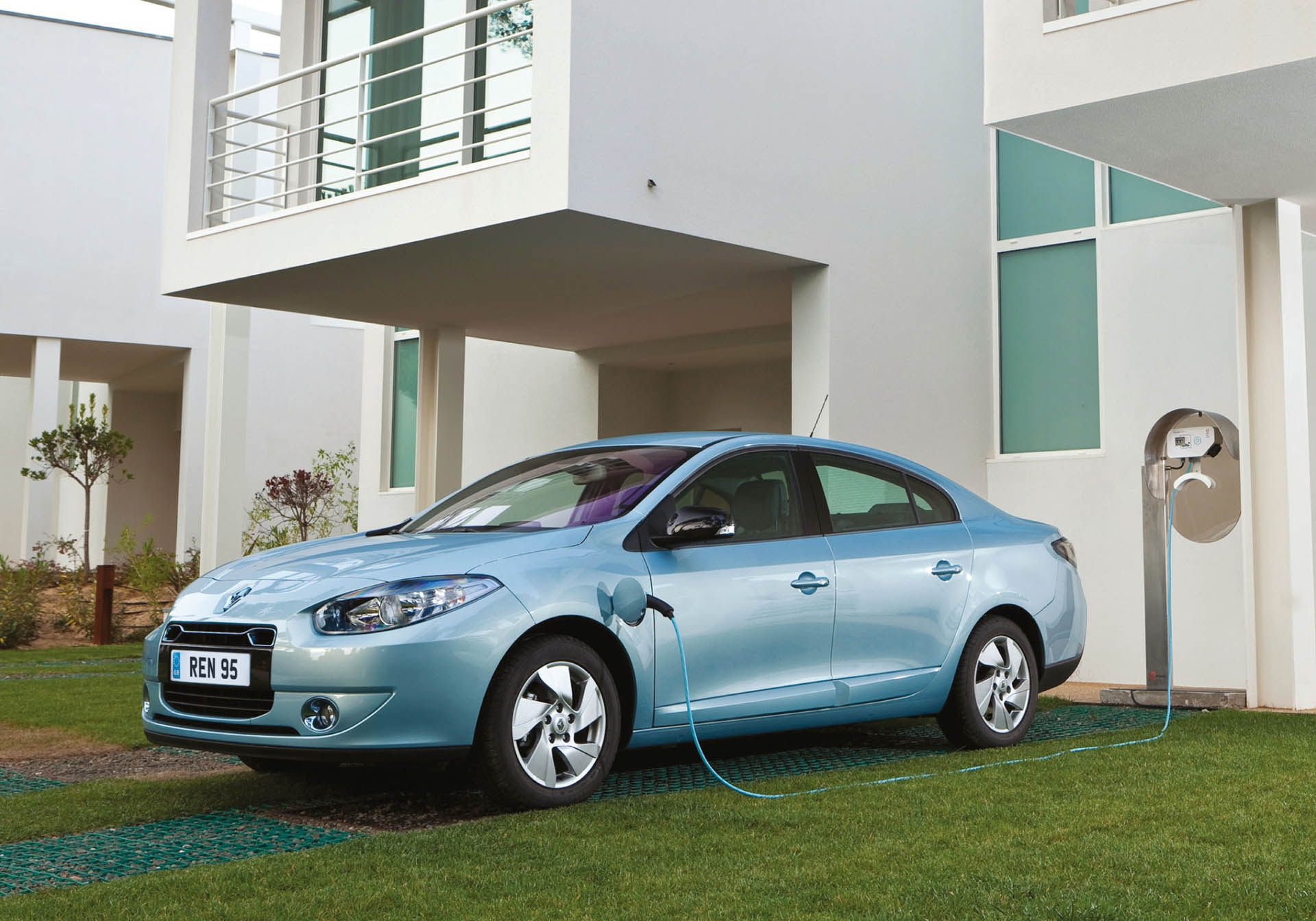Israel and petroleum have never quite gotten along. So the Middle Eastern country is preparing to phase it out entirely.
According to Reuters, Israel’s Energy Department has revealed plans to eliminate the sale of new gasoline- and diesel-powered vehicles by 2030. In their place, the government will incentivize electric vehicles and natural gas.
“From 2030 we won’t allow anymore the import of diesel or gasoline cars to Israel,” Energy Minister Dr. Yuval Steinitz told Reuters. “We are already encouraging by funding charging stations, more than 2,000 new charging stations around the country,” said Steinitz, declaring that the government will also “reduce taxation on electric cars to almost zero, so they are going to be much cheaper.”
Israel, as you may recall, was the cornerstone and home base of Project Better Place – an initiative that saw the construction of dozens of battery-swap stations and chargers across the small country. Renault signed on to supply its Fluence ZE electric vehicles (pictured), but while the initiative was ultimately abandoned, the case for electric propulsion has grown even stronger.
The need for reducing dependency on fossil fuels is particularly acute in one of the few countries in the region without significant deposits of petroleum, which its often hostile neighbors have not wanted to sell to Israel. Importing gasoline and diesel from other parts of the world has left pump prices exorbitantly high.
According to data published by Bloomberg, a gallon of gasoline costs $7.08 in Israel, more than twice the $3.15 average in the United States, and cheaper only than European countries like Denmark ($7.20), Italy ($7.25), Greece ($7.26), the Netherlands ($7.31), and Norway ($7.66). Compare that to neighboring Egypt, where gasoline costs just $1.64 per gallon.
The exception to Israel’s unquenched thirst for fossil fuels has been natural gas, large deposits of which were discovered in recent years off the country’s Mediterranean coast. Natural gas burns cleaner, and in larger supply, the country’s government has been promoting its use – including its availability at gas stations and the conversion of electrical power plants.
If approved by the Knesset (Israel’s national legislature) later this year, Steinitz’s plan would have cars running on electricity, and buses and trucks on either electricity or compressed natural gas.






